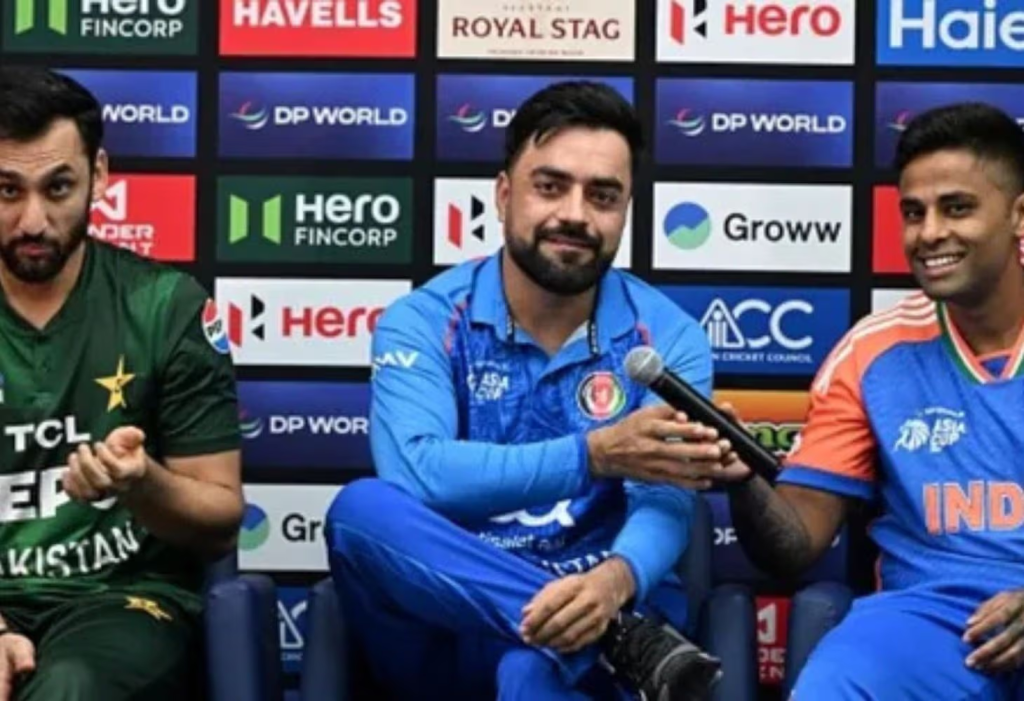Players and members of the Indian support staff occupy a delicate position, following directives from their superiors at the BCCI.
Cricket in the Shadow of Tragedy: India vs Pakistan Asia Cup Clash

The foreboding shadow of Pahalgam is impossible to ignore. The tragedy on April 22 that claimed 26 innocent lives continues to linger in public memory. Operation Sindoor, India’s retaliatory strikes on terrorist camps, stands as testimony to the nation’s resolve against terror. Against this backdrop, a cricket match may seem insignificant—or even insensitive—to many.
Understandably, the build-up to India’s Asia Cup Group A clash against Pakistan on Sunday has been tense and carefully measured. What would normally be a celebration of sport is overshadowed by recent events, making the Dubai International Cricket Stadium the stage for far more than just cricket.
Players and support staff find themselves navigating a delicate situation. The BCCI, like all national sports bodies, follows government directives. The sports ministry recently banned bilateral matches against Pakistan but allowed participation in multinational events, including the Asia Cup, to avoid penalties and maintain India’s credibility as a host for future global events like the 2030 Commonwealth Games and the 2036 Olympics.
Public sentiment in India remains strongly opposed to the match, and players are well aware of it. India’s assistant coach, Ryan ten Doeschate, acknowledged the sensitivity: “It’s a very sensitive issue and I’ve got no doubt the players share the compassion and feeling of the vast majority of the Indian public… The players have to put those sentiments and the emotions behind… They’ll be as professional and focused as they can be given the circumstances. Hopefully, the way we play can represent how players feel about the country.”
Every move under the microscope

Historically, India-Pakistan encounters have carried immense significance, with an overwhelming craving for success and national pride adding weight to every contest. For young players caught in the crossfire, the scrutiny is intense—their every gesture, smile, and decision dissected under a microscope of public opinion. Playing on such a vast stage is challenging enough, let alone under this pressure.
Back in May, head coach Gautam Gambhir was asked if India should continue facing Pakistan in multi-team tournaments. He responded, “My personal answer to this is absolutely no. Till all this (terrorism) doesn’t stop, there should not be anything between India and Pakistan.” Now, Gambhir is focused on helping the team maintain concentration on the game itself. India’s assistant coach, Ryan ten Doeschate, explained, “Gauti’s message has been very professional, about not worrying about things that are not in our control and being emotionless when approaching the cricket side of things… The messaging has been to focus on the cricket.”
Easier said than done, perhaps, but once on the field, the players’ priority will be giving their best performance. At some level, the intensity of the rivalry may even fade from their minds. Every effort will be made to extend India’s T20I record against Pakistan to 11-3, and if that doesn’t materialize, it will not be for lack of commitment, effort, or hunger.

